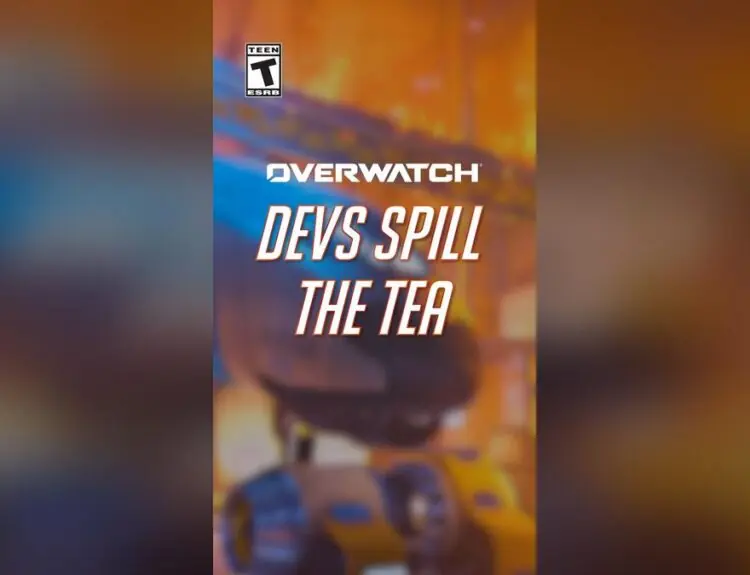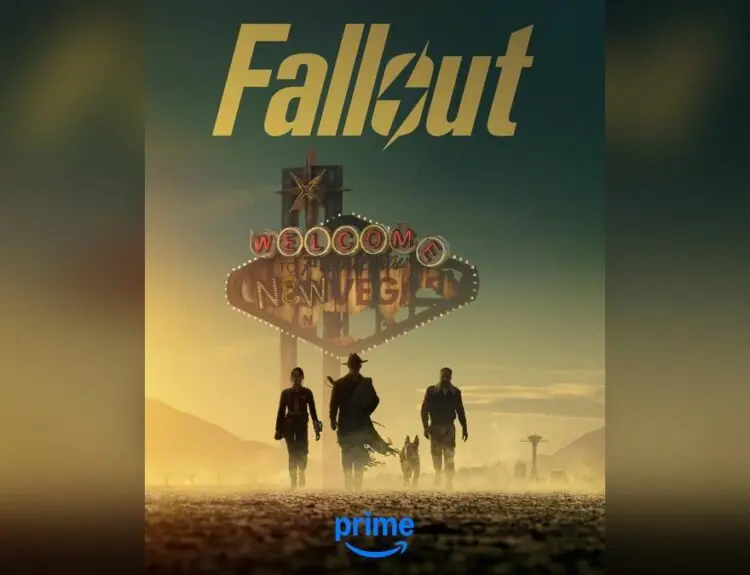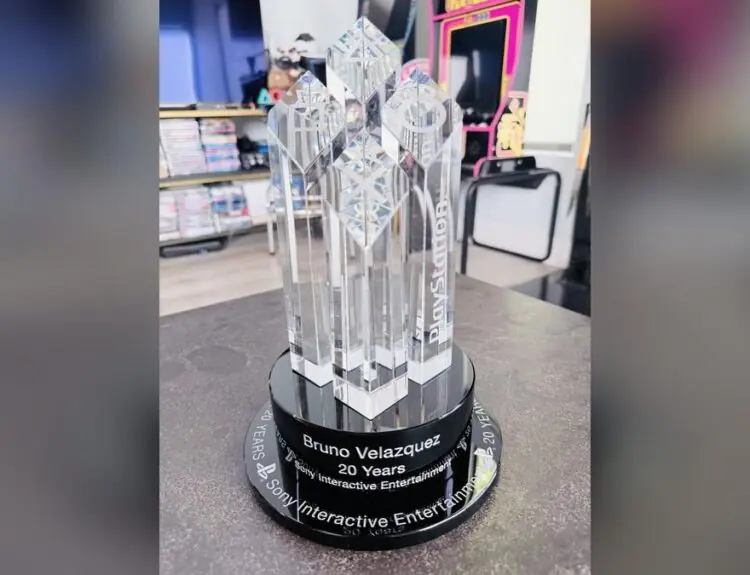This might come across as wild, but I absolutely abhor in-game gambling that rephrases itself as ‘microtransactions’. Not that we’ve written extensively about developers taking advantage of this loophole primarily in the United States, as legislation still ponders what the internet actually is. Unfortunately, we can’t vote for the ESRB participants so we’re pretty much stuck with whatever these yokels sling our way, and they’ve decided to really softball the rating scheme that should be warning parents that a title includes in-game gambling.
Although even if we could vote for them, it seems that the majority of those eligible for voting would either skip it entirely or just vote for what their parents did, so what’s the point.
As ESRB somehow managed to fail at the one thing anyone has asked them to do since the infamous Hot Coffee mod came out for GTA San Andreas, the PC Gaming Wiki has stepped forward to at least attempt to warn consumers about the transactions scheme that titles may hold.
PCGamingWiki launches new project to warn about microtransactions in every PC game. Please RT to help support. Announcement here: https://t.co/WBUoFY7Z4B
— PCGamingWiki (@PCGamingWiki) April 19, 2020
The PC Gaming Wiki has been around for years and offers comprehensive help for maximizing almost every title available for download on the PC, from framerate settings to moods, and everything in between.
They are adding a new segment to the wiki that will directly relate to microtransactions and in-game gambling to attempt to offer clarity about precisely what users can expect from a title’s post-launch monetization scheme. They’ve developed multiple categories that they feel will best reflect monetization schemes.
- Loot box – The classic gambling scheme where users pay to open a singular box, and receive a drop from the box from a list of possible drops that have all been weighted due to rarity and price.
- Cosmetic – Microtransaction that allows players to look different from others, yet does not alter the gameplay whatsoever.
- Unlock – Content that is already inside of the game, but must be unlocked with an additional purchase after purchasing the game. Tropico 5 comes to mind.
- Boost – Experience accelerated progress by paying, either leveling quicker or gaining in-game currency faster.
- Currency – Here’s a favorite: turning your real money into fake money points at an odd ratio to obfuscate how much an actual item costs, which are then used for other in-game microtransactions.
- Infinite cap – Microtransactions that can be purchased infinitely as long as the servers are up, over and over again. Think FIFA 20 and the Ultimate Team.
- Pay-to-skip – a Ubisoft classic where you can pay to skip the unrelenting grind and repetitive quests that are designed to take hours of real-time to slog through.
Seven different categories that developers can use to encourage users to part with their money, and there’s no way for the ESRB to figure out how to explain this to consumers. What a bizarre industry to work in.







